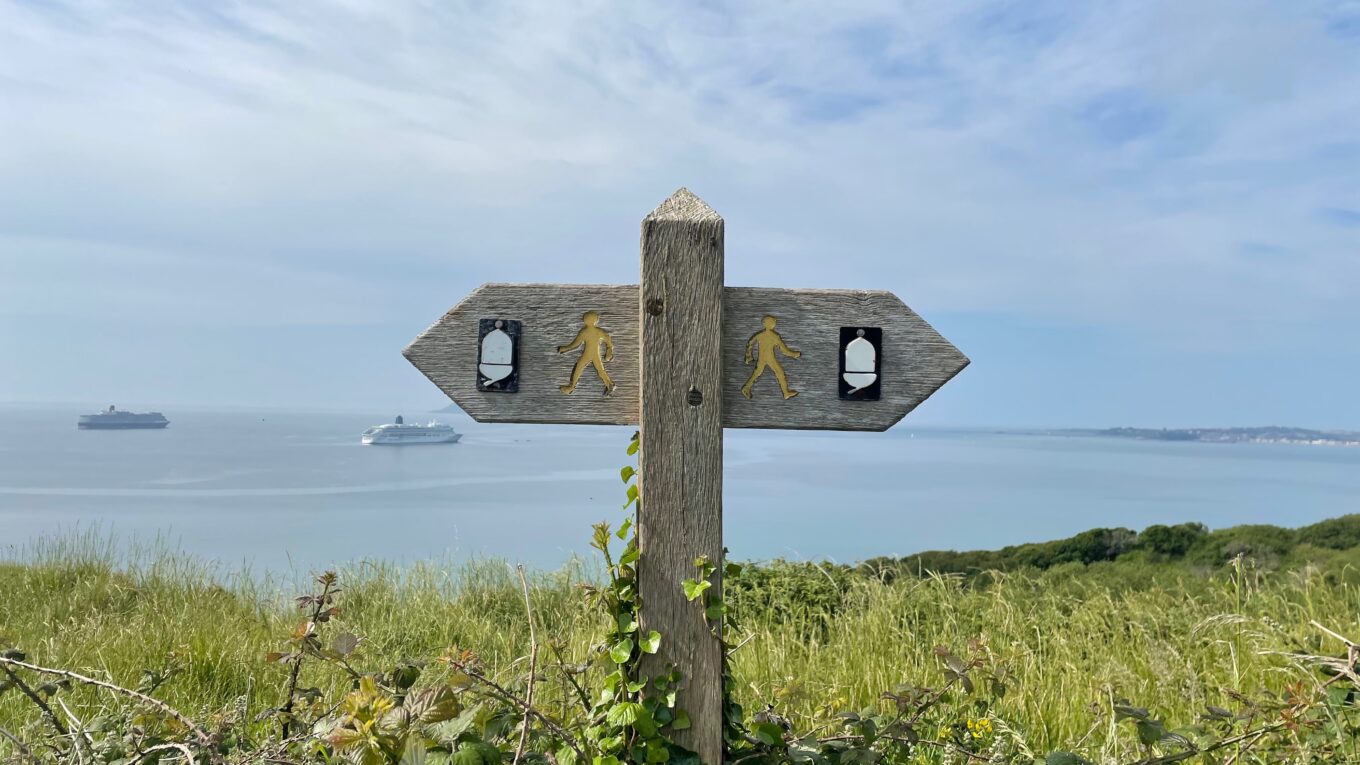Pathways – An OTESSA event
There are many pathways a person can take toward a particular destination or event. Decisions and choices lay before you, as planning and preparations begin. Many of these options are binary in nature, often creating a cascade of decisions. Some choices are multiple and complex, leaving a trail of indecision and second-guessing. Such is the nature of planning a major conference event in the aftermath of a global pandemic. This is such a story, as I engage in the OTESSA 2023 conference, as part of the overall CONGRESS conference where a multitude of subgroups in Canadian research spaces are coalescing at York University in the coming week. This is the first time I will share some preliminary research work, seeking to gain some feedback and deeper conversations about what I have generated from my PhD research.
This post focuses on the OTESSA presentation – Open at the Crossroads: Forging Media and Digital Pathways.
Crossroads inherently imply making a binary decision – left/right, forward/back, media/digital literacy. This conference session hopes to open up possibilities that shift away from a uni-directional result, shifting toward foretold or visionary futures. Through interactive activities such as Equity Unbound, OneHE and Liberating Structures, I hope to encourage participants and ‘readers’ forge new media and digital trails as they explore uncharted open ecologies together, and shape new paths by walking.
The proposal:
- In order to re-envision online education, and respond to the conference theme, this session will focus on reckonings with digital technologies and media production in Canadian faculties of education to support a vision of open learning ecospheres.
- Open and online educational spaces stand at the crossroads, facing media and digital directions and pathways toward uncertain futures.
- This presentation will begin by exploring possible futures for online education and potential impacts on education of webs of data, decentralized autonomous organizations and identifiers, creative experiences, and professional recognition (Downes, 2022).
- These signposts will be reframed through the words of Canadian philosopher Marshall McLuhan (ABC Radio, 2011).
- Digital is visioned as the medium through which learning events and actions are prepared, distributed, and accessed.
- Media is visioned as the message whereby students and educators analyze, assess, evaluate, and communicate learning with considerations of audience, text, and production.
- Responding to directions established for the 2018-2020 National Action Plan for Open Government, the purpose of this session is to open dialogues about open educational ecospheres while reimagining digital and media methods, materials, and making in education in Canadian contexts.
- This session is theoretically and contextually framed by critical pedagogy (Freire, 2018), open educational practices (Cronin & McLaren, 2018; Nascimbeni et al, 2020), critical digital literacies (Hinrichsen & Coombs, 2013; Kellner & Share, 2019; Nichols & Stornaiuolo, 2019) and educommunication (Aguaded & Delgado-Ponce, 2019; Barbas, 2020; Chiappe et al., 2020).
- Possible pathways from the crossroads as defined by histories of media and digital literacies are shared. Research and writings with a focus on
- principles and perspectives of authentic assessment (DeWaard & Roberts, 2021),
- intentional open learning design (Roberts, Havemann & DeWaard, 2023),
- digital literacies in Canadian education (DeWaard, 2022; McAleese & Brisson-Boivin, 2022; Veletsianos et al., 2021), and
- educommunication ecologies (DeWaard, in press).
These pathways may shape roads taken.
Here are the presentation notes
Or view them here.
